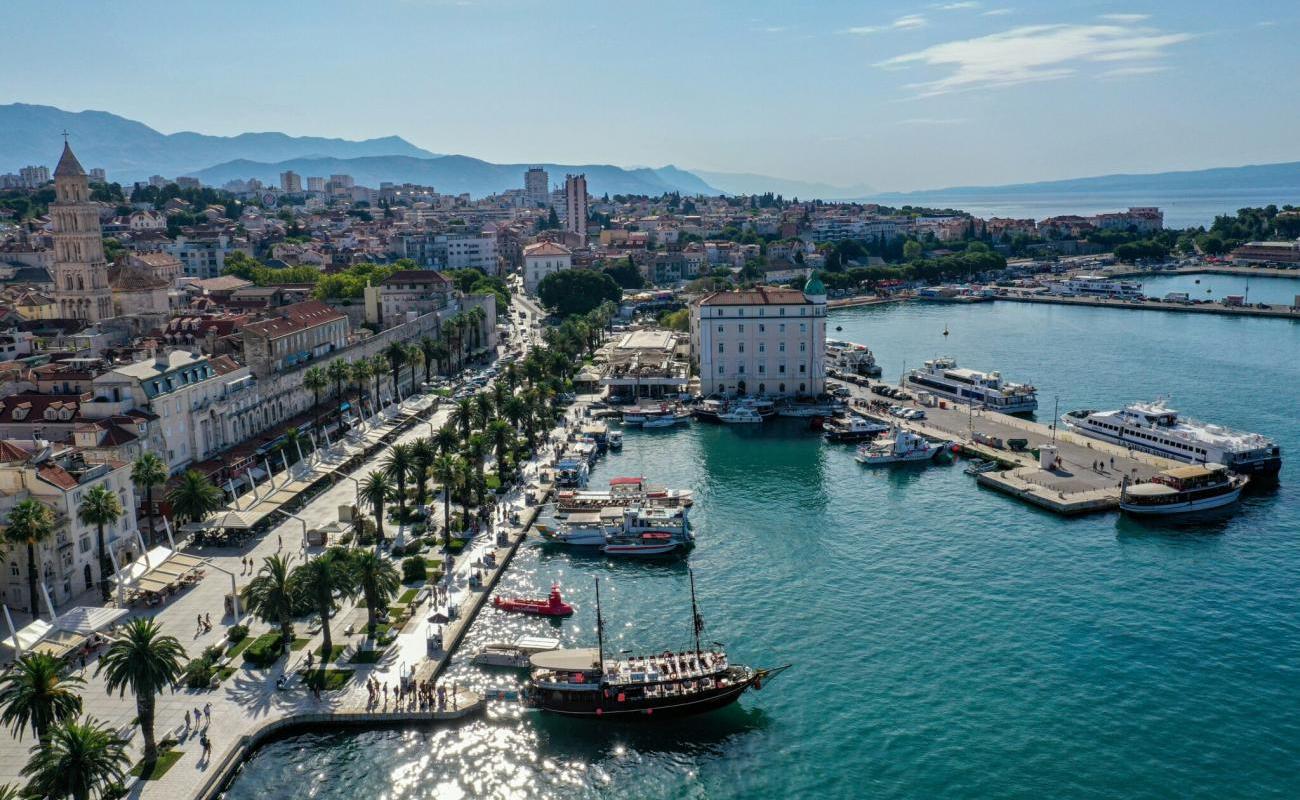25 Million Euro Grant Approved for Split City Port

A massive 25 million euro grant is on the cards for Split City Port, with just over two years projected between the arrival of the workmen and the completion of the project.
As Morski writes, the government has made a decision and a significant grant has been approved for the Split City Port and the port authority. The move concludes the grant agreement for the Resnik-Divulje Maritime Passenger Terminal project in the Kaštela Basin port area, as well as for the project to reconstruct and expand the St. Peter’s Pier (Sveti Petar) in the Split City Port itself.
The approval of this grant for the Split City Port has also given the green light for the last condition for the works to actually start. The necessary contracts will be signed with the contractors selected in a public tender next week. It has been reported that it will take only 25 months from the arrival of the first excavators and workmen to the completion of these extensive works.
“We’re grateful to the Croatian Government and Prime Minister Andrej Plenković, as well as to the Ministry of Maritime Affairs, Transport and Infrastructure and Minister Oleg Butković, for their understanding of our plans and projects,” added the director.
Through this grant, Split is therefore set to gain an additional 5,300 square metres of operational space within the Split City Port. The above will make space for new ticket offices, waiting rooms, public toilets, and two new boat berths, which will increase the terminal’s capacity and thus reduce congestion.
It is a similar story in nearby Kaštela. There, the expansion of the terminal in Resnik will speed up the transport of passengers from the airport to their island destinations, thus relieving local roads by transferring passengers from land to sea in a more efficient manner.
